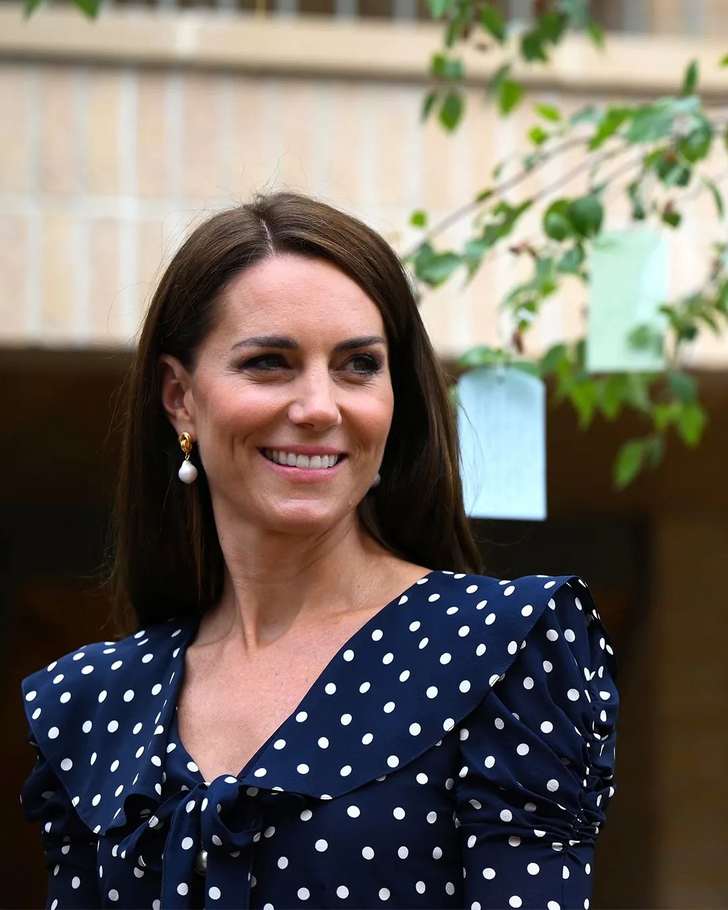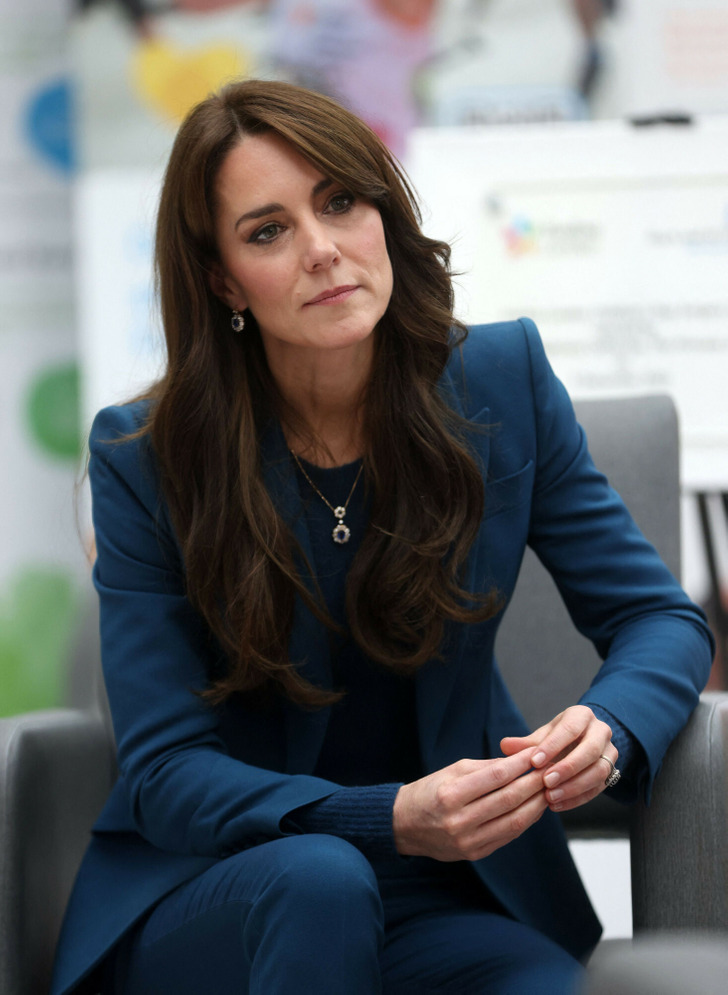
Since the beginning of time, humans have asked the question: “What happens to us after we die?”.
Religious or spiritual people often believe in a heaven or afterlife. Some believe that nothing happens to us; we just die. Others, however, believe that our souls live on after we die. A couple of researchers say that they have the science to that this might be a possibility. (1)
The Soul Doesn’t Die When Our Bodies Do
After extensive research, two experts are saying that while our bodies die, our consciousness – or our soul – lives on forever. Quantum mechanics, they say, makes this possible. Quantum mechanics is the science dealing with the behavior of matter at the atomic and subatomic levels. It accounts for the properties of molecules and atoms, and the things that make them. (2) This includes (2):
Neurons
Electrons
Protons
Quarks
Gluons
Other esoteric particles
Scientists Stuart Hameroff and Sir Roger Penrose say consciousness is simply information stored at this quantum level. (1)
Orchestrated Objective Reduction
The pair say that this storage process is Orchestrated Objective Reduction (Orch-OR). This is via a structural component of human cells, protein-based microtubules, that carry quantum information. (1, 3)
“Let’s say the heart stops beating, the blood stops flowing; the micro-tubules lose their quantum state,” explains Dr. Hameroff. “The quantum information within the micro-tubules is not destroyed, it can’t be destroyed, and it just distributes and dissipates to the universe at large.” (1)
He says that if the person is resuscitated, then the information just goes back into the microtubules, and the person becomes conscious again. This is what we call a “near-death experience.” If, instead, the patient dies, then their consciousness can possibly exist outside of the body as a soul. (1)
Our Physical Universe Is Just Our Perception
Researchers from the Max Planck Institute for Physics in Munich say that there is an infinite beyond after death. According to them, the world we live in is just our perception and that our souls go into this infinite beyond when our bodies die. (1)
“What we consider the here and now, this world, it is actually just the material level that is comprehensible,” says Dr Hans-Peter Durr from the institute. “The beyond is an infinite reality that is much bigger.” (1)
Hameroff and Penrose’s research shows that consciousness comes from deeper level microtubule vibrations. This not only helps us to better understand what the human consciousness is, but may also help treat mental, neurological, and cognitive conditions. (3)
What do you think? Do you think our souls live on after we die?
The Truth Behind Princess Catherine’s Current Health Battle Is Uncovered
The Princess of Wales, Catherine, is still going through preventative chemotherapy after being diagnosed with cancer earlier this year. At 42, she started her treatment in late February.
Princess Catherine is feeling better.

Princess Catherine is planning to reconnect with the public after facing a tough battle with cancer. She is “feeling much stronger and healthier,” and she’s ready to make her return to royal duties. For those who don’t know, the future Queen of England was diagnosed with cancer in March 2024. Since then, she has followed her doctors’ advice and stayed out of the public eye.
But now, as a loving mother of three, she’s eager to reconnect with the public, take on more engagements, and get back to her royal responsibilities. A source shared that Catherine is excited to move away from the focus on medical treatments and doctors’ visits.
https://syndicatedsearch.goog/afs/ads?psid=2063677354&client=pub-8348063614844649&r=m&sct=ID%3D6c550abac4b8da85%3AT%3D1724859053%3ART%3D1724859053%3AS%3DALNI_MYxwbNGwTc-YVj2v5S9X4NYZFD_dA&sc_status=6&hl=en&rpbu=https%3A%2F%2Fbrightside.me%2Fsearch-a%2F&rpqp=%23gsc.q%3D&type=3&rs_tt=c&oe=UTF-8&ie=UTF-8&fexp=21404%2C17300003%2C17301437%2C17301438%2C17301442%2C17301511%2C17301516%2C17301266&format=r6&nocache=1131725982184247&num=0&output=afd_ads&domain_name=brightside.me&v=3&bsl=8&pac=0&u_his=1&u_tz=420&dt=1725982184249&u_w=1360&u_h=768&biw=1374&bih=789&psw=1375&psh=789&frm=0&uio=-&cont=advert_1&drt=0&jsid=csa&jsv=670534788&rurl=https%3A%2F%2Fbrightside.me%2Farticles%2Fthe-truth-behind-princess-catherines-current-health-battle-is-uncovered-820146%2F%3Fclick_id%3D164ec2d0-6e56-4edf-9645-91c160694869%26utm_campaign%3Dannouncement_links%26utm_medium%3Dsquare_cards%26utm_source%3D5_minute_crafts_usa_fb&referer=https%3A%2F%2Fl.facebook.com%2F
Princess Catherine is still undergoing chemotherapy.
Kensington Palace has provided a significant update on Prince William’s travel plans to Llanelli, South Wales. It’s important to note that Catherine won’t be joining her husband on this trip because she is still undergoing preventative chemotherapy.
Princess Catherine was recently spotted looking great during a visit to a church.
Catherine, Princess of Wales, made one more public appearance on August 25 since being diagnosed with cancer earlier this year. She was seen attending Crathie Kirk, a small church in Scotland, accompanied by her husband, Prince William, as well as King Charles III and Queen Camilla. William drove the car, smiling as he conversed with his wife, and chose a navy blue suit for the occasion. The royal family typically spends their summers at Balmoral Castle in Scotland.
Prior to this, Catherine was last seen in public in July at the Wimbledon men’s singles final between Carlos Alcaraz and Novak Djokovic. Catherine has been gradually returning to public life at a slow pace following the news of her health challenges.
Here’s what we know about her journey through chemotherapy.

In a heartfelt message before her appearance at Trooping the Colour on June 15, the Princess of Wales shared that her treatment is making “good progress.” However, she openly admitted that she’s having “good days and bad days.” While she’s been working from home, she reminded everyone that she’s “not out of the woods yet.”
Princess Catherine expressed hope of attending a few public events over the summer, but she urged people not to see these as her return to full public life. The Princess and her family—Prince William and their three children—have spent some of their summer break at Anmer Hall in Norfolk, where they were seen enjoying the Bear Grylls’ Go Wild festival.

In a statement released on June 14, Kensington Palace also shared a new photo of Princess Catherine, showing her leaning against a tree in Windsor Park. Alongside the photo, she expressed her gratitude for all the kind messages of support and encouragement she’s received over the last few months. These messages, she said, have made a world of difference for both her and William, helping them through the toughest times.
Kate candidly described her experience with chemotherapy, saying that she feels weak, tired, and has to listen to her body’s need for rest. But on the good days, when she feels stronger, she cherishes the time spent engaging in school life, enjoying personal activities that bring her energy and positivity, and doing a bit of work from home.
Princess Catherine has not yet returned to a full schedule of public engagements. Any future appearances will be carefully decided based on how she’s feeling at the time. There is no set timeline for her return to full-time duties, as she is being given the time she needs to rest and recover.
Earlier Princess Catherine debuted a new ring, and here’s the special meaning behind it.



Leave a Reply